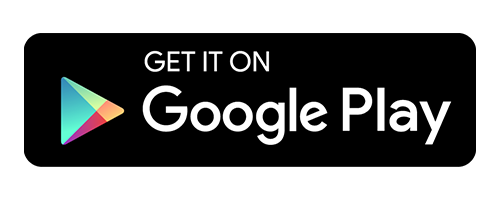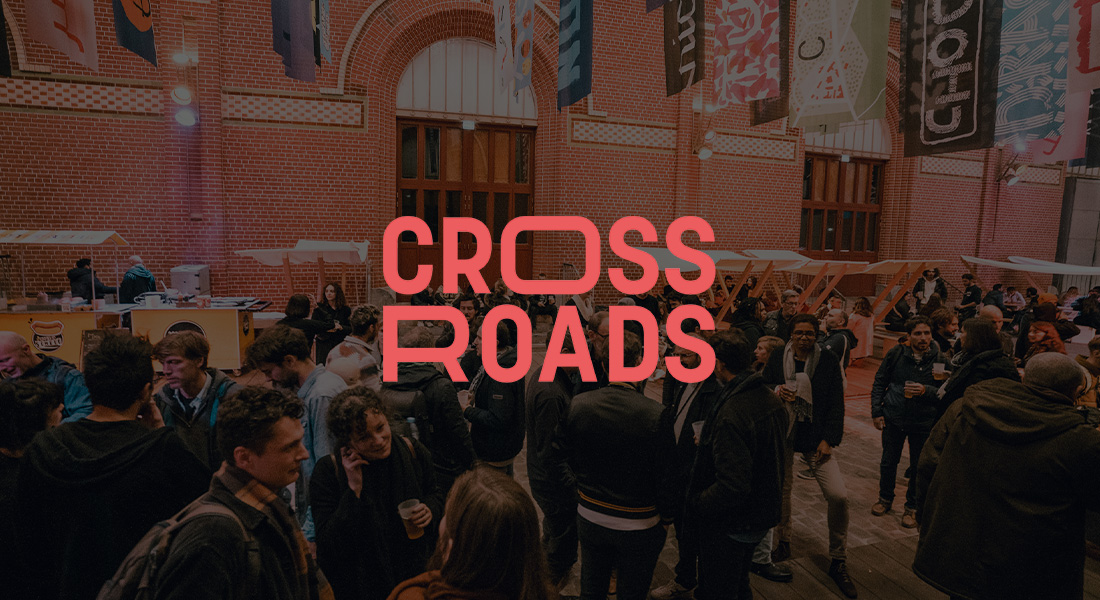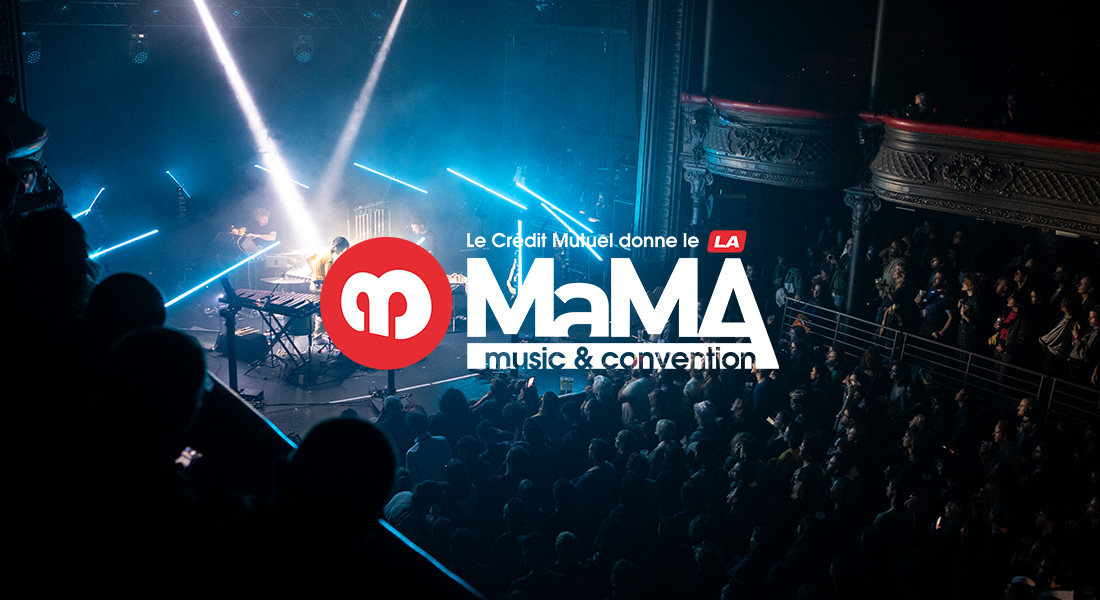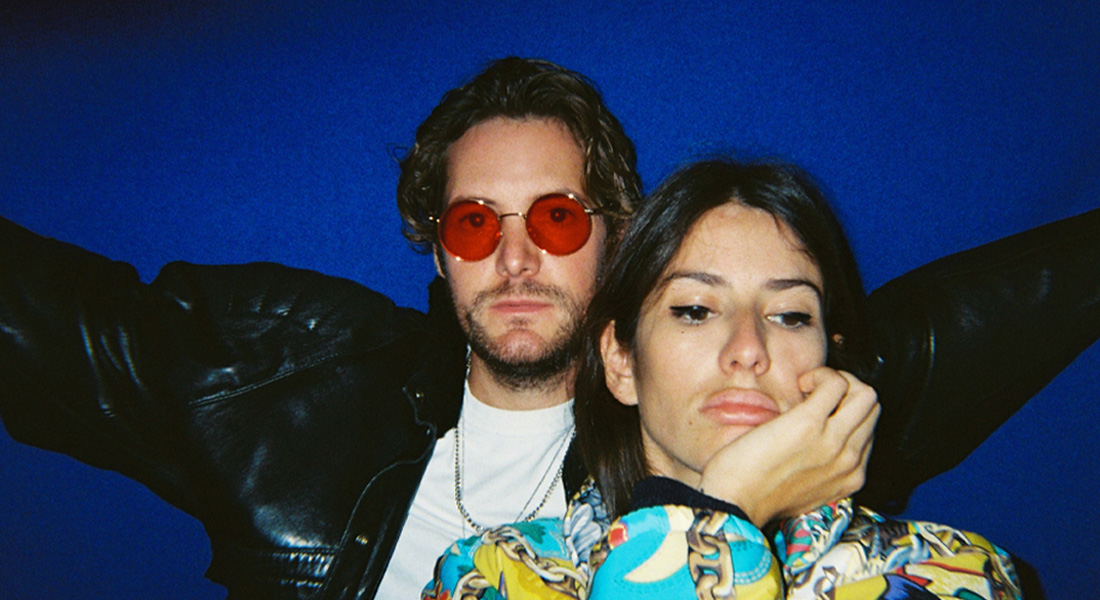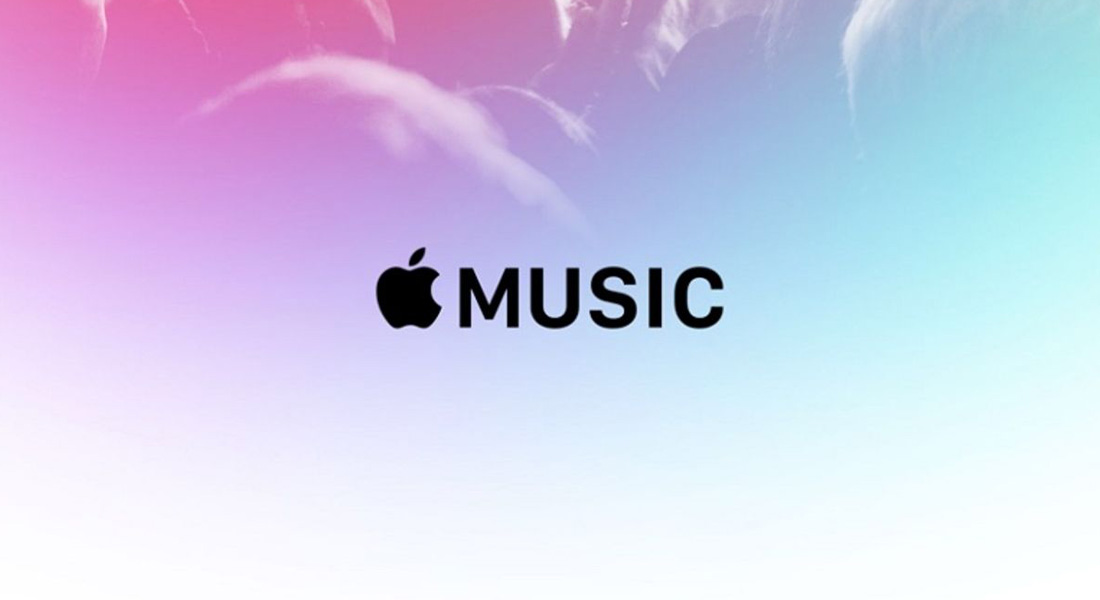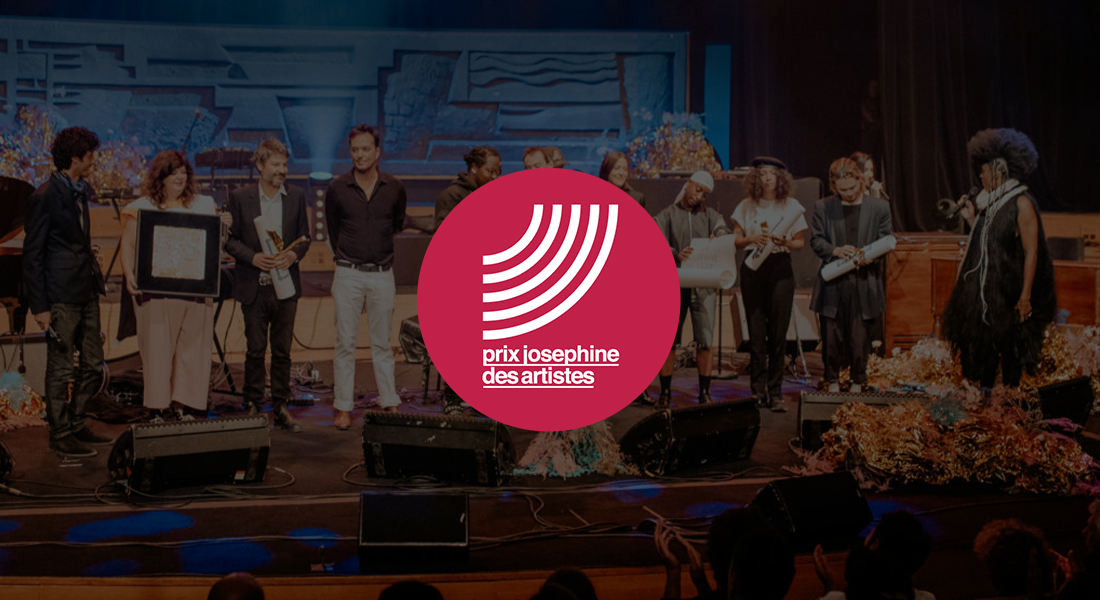There are times in the music industry that require a lot of attention because a lot of things are accelerating, and that’s why we carry news flashes from time to time on hauméa ! We review both the latest French and international news that have made the music industry talk and that allow artists & pros to better showcase their talent & their work. This time, we talk about what Sacem (French equivalent of PRS in the UK and BMI in the US) has been doing regarding Web3, the applications for a Parisian support system for artists called Give Me Five, the opening of a unique music streaming service called STAGE+ that exclusively features classical music, and more.
News :
- Sacem signs a never-before-seen partnership with the NFT marketplace Pianity in order for right holders to receive royalties for NFT sales…
- … and Sacem opens its very own NFT marketplace !
- Give Me Five 2023 : the French support system for artists based in & around Paris is to be renewed for a 9th edition.
- STAGE+ : Deutsche Grammophon & Universal’s streaming service for classical music has been launched.
Sacem signs a never-before-seen partnership with the NFT marketplace Pianity in order for right holders to receive royalties for NFT sales…
Both the music and the tech industries have been questioning this for a few months now: whether to pay out royalties or not when it comes to NFT sales. Despite them being massively popular among artists for their ability to provide them an alternative type of income for their art, the question still remains unanswered. However, an answer may have just been found in France : Sacem has just signed a partnership with the French marketplace Pianity on November 15th to allow royalties to be paid out to artists that are minting NFTs on Pianity. This agreement, as historic as it may be, confirms the fact that NFTs should be considered the same way CD & vinyl sales are.
Although little information has yet been given when it comes to the terms of this agreement, it is specified that a “resale right” is also in the works. This will allow the right holders of a musical work sold in the form of NFT to get paid royalties even when the NFT is being sold again. And this is another first ; since blockchain allows full traceability, you know when an NFT has been sold to someone else, allowing for secondary royalties payments.
If you want to learn more about what NFTs are, head to our three-part series of reports on music & the blockchain technology in our “Reports” section.
More about Pianity : Music & blockchain – part 2 : We’ve talked with Pianity, the French NFT marketplace who puts its artists first
… and Sacem opens its very own NFT marketplace !
Sacem is definitely moving towards Web3 : they have just launched their own NFT marketplace. Accessible via the address nft.sacem.fr, Sacem has expressed its wish to enter the NFT market by adding a digital layer to its Sacem Grands Prix, prizes awarded each year to French and international rights holders for different types of works – these awards notably include the award for the French song of the year, the International song of the year as well as the best Sync of the year.
To make its Grands Prix fun and to experiment with Web3, Sacem made hundreds of free NFTs available from October 12th to 24th on its marketplace. Why ? So that on November 25th your NFT “changes color” and gives you access to exclusive prizes, and maybe even a ticket for the award ceremony that will take place on December 13th at the Maison de la Radio in Paris. A Sacem Discord server has even been created to gather the community together !
More information about Sacem’s NFT platform to be found in their press release.
Give Me Five 2023 : the French support system for artists based in & around Paris is to be renewed for a 9th edition.
If you are familiar with the French music industry, you may know of the Chantier des Francos, the Inouïs du Printemps de Bourges or the FAIR, aka support systems for artists that have artist apply each year for them to be awarded and then supported in their project development for a few months to a year. Well, you should also know that the Île-de-France (Paris’ region) also has its own support system, and it is organized by an non-profit organization called the réseau des Musiques Actuelles de Paris. Being a key player in the French music industry, the réseau MAP – which also hosts the JIRAFE each year, these free professional meetings that bring together artists and professionals around key topics of artistic development – each year supports 5 artists to help them develop their musical project. Applications are open to all artists from the Île-de-France region, all musical aesthetics combined.
The support system sees its applications open until December 15th, and the support period is from April 2023 to April 2024. The pre-selected artists will perform on stage next March and the winners will be elected by a jury made up of music professionals. It is their ninth edition and has been helping out dozens of artists who are at the early beginnings of their music career !
More support systems for artists to be discovered in our “News” section
STAGE+ : Deutsche Grammophon & Universal’s streaming service for classical music has been launched.
The world of classical music has been hopping on the streaming trend these past few years. While Sony Music had already launched its own classical music streaming platform Mora Qualitas in Japan, Universal has just launched STAGE+ with Deutsche Grammophon, the oldest record label which Universal acquired back in 1998. The streaming service hosts nearly 50 live performances and more than 1,000 hand-picked albums from both Deutsche Grammophon’s catalogs and Decca, Universal’s other classical music label. The works are available in high audio quality and for $14.90 per month, or $149 per year, and the subscription will also give access to videos as well as exclusive access to live premieres. The service is available on smartphone, smart TV and as a web app.
Although classical music is represented on all major platforms, it is rarely accessible in very high audio quality – with the exception of services like Qobuz and Tidal – and it is not highlighted as much as it could be on a dedicated streaming platform, especially when search engines on major streaming platforms will not let you search by composer or musician but by artist.
Apple Music should also launch its own platform dedicated to classical music in the near future. These new platforms are real step forward for a whole new generation of listeners who are used to streaming music, because classical music tends to reach younger and younger generations, and has even experienced an unexpected peak of interest in 2020 when most countries of the world were under lockdown.
Supported by Deutsche Grammophon : We’ve talked with Minihi, the neoclassical duo that plays alongside renowned artists such as Agnes Obel or Lady Gaga
More news to be found in our “News” section. You can also read & be notified of our future content on our mobile app !
Read our previous news flash : News flash #1 : Spotify interested in promoting NFTs, Spinnup goes invite-only, the MIDEM festival comes back & more


